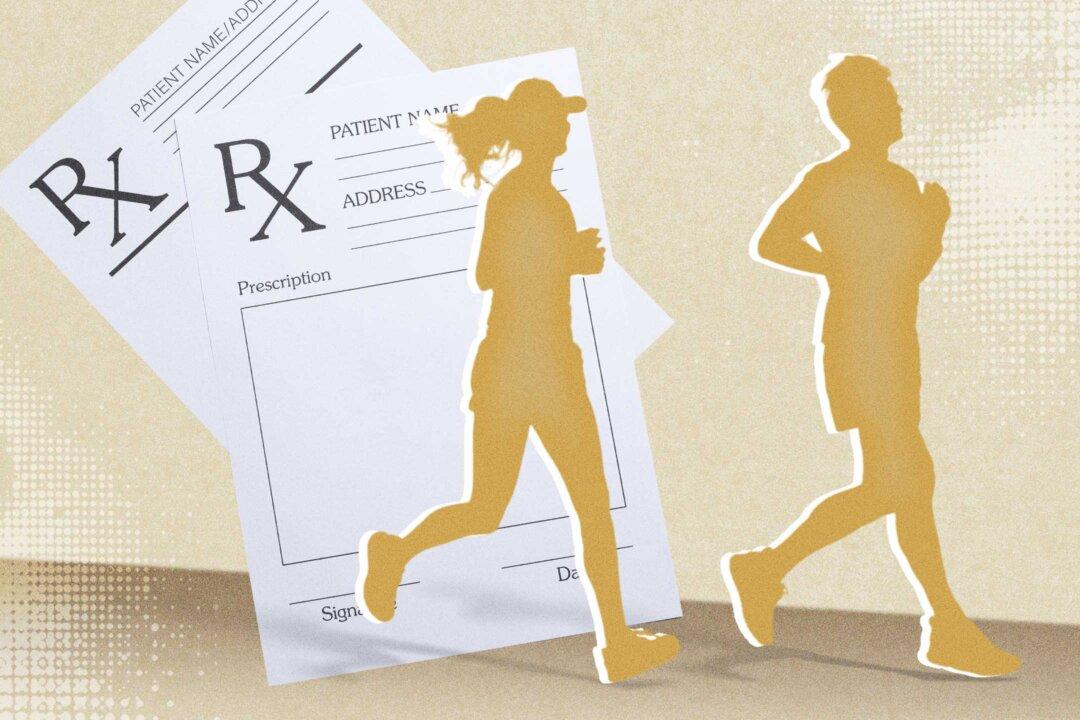When we think of high blood pressure, the usual culprits probably come to mind—poor diet, being overweight, excess sodium, lack of exercise. But there’s another significant risk factor for hypertension (high blood pressure) that’s easily overlooked—the quantity and quality of our sleep.
Many studies indicate that poor sleep can negatively affect cardiovascular health in significant ways—including by raising blood pressure. In our fast-paced world, the thought of enjoying a deep, peaceful night’s sleep may seem like a luxury. Stress, overpacked schedules, and the ever-present stimulation of TV and social media can work against us.
As we make an effort to take care of our health by eating right, exercising, and managing stress, healthy sleep should also be considered as a crucial factor of overall health—and cardiovascular health in particular.
Sleep and Cardiovascular Health
During normal, restful sleep, blood pressure naturally falls between 10 and 20 percent—a vital process known as “nocturnal dipping.” This provides an important opportunity for restoration and repair. Dan Ford, sleep psychologist and clinical director at The Better Sleep Clinic, told the Epoch Times:“Nocturnal dipping promotes cardiovascular health as it decreases workload on the heart and blood vessels as well as promoting relaxation and repair of the body. When our sleep is disturbed, we spend more time awake, blood pressure is higher and there is greater overall load on the cardiovascular system.”On the other hand, interrupted or inadequate sleep prevents this dip in blood pressure. The Sleep Foundation explains:
“Poor sleep, whether from a lack of sleep or sleep disruptions, is associated with non-dipping, meaning that a person’s blood pressure doesn’t go down at night ... Without sufficient nightly sleep, a person doesn’t spend enough time in the deep stages of NREM [non-rapid eye movement] sleep that benefit the heart.”This may help explain why shift workers are at higher risk of developing high blood pressure. A review published in the Feb. 22, 2021 issue of Hypertension found that shift work, (along with insufficient sleep and obstructive sleep apnea) increases the risk of hypertension.
“The reduction in blood pressure that occurs during the night is on a circadian (which means roughly a 24-hour) pattern. Poor sleep can disrupt circadian rhythms via having us awake when our body would typically be sleeping, and by the changes in sleep behaviors that people commonly engage in to catch up or recover from poor sleep (e.g., getting up later than usual, napping during the day). As our circadian system becomes disrupted we can experience further poor sleep which then can lead to or exacerbate issues with blood pressure.”Impaired sleep can also contribute to increased stress or anxiety, which, in an endless chicken-and-egg cycle, can make it even more difficult to sleep well.
Sleep, Diet, Exercise—The ‘Three Pillars of Health’
Many factors can make falling asleep—and staying asleep—a challenge. Certain medications, illnesses, screen time before bed, stress, alcohol, and travel can all disrupt normal sleep patterns and leave you tired and off-kilter the next day.While a single poor night’s sleep won’t necessarily cause lasting harm, long-term sleep problems can result in a cascade effect of negative consequences, of which increased blood pressure is just one. For persistent sleep problems that impact your physical and mental well-being, a sleep doctor (or sleep specialist) can diagnose and help treat many different sleep disorders.
- Have a consistent sleep schedule. Yes, illness, unexpected events, or social engagements can sometimes keep you up later than is ideal. But in general, sticking to a consistent time to get to bed, as well as to wake up in the morning, is what your body craves. It’s also a way to support a normal circadian rhythm.
- Create a bedroom environment that’s conducive to sleep. That means dim, cool, calm, and quiet. Ideally, the bedroom should be free of electronic devices, which provide sleep-hindering mental stimulation and blue light. Comfortably cool temperatures (around 65–68 F) and comfortable bedding also help.
- Prepare for a good night’s sleep throughout the day. Getting some exercise, and plenty of exposure to sunlight (or daylight) over the course of the day, can help prepare the body for sleep. Avoiding caffeinated drinks after 2 p.m., and late, heavy dinners, are also helpful. And just as children do best with a bedtime routine, so do adults. Taking 30 minutes before bed to unwind and relax in whatever way is most effective for you (i.e., quiet reading, soothing music, easy stretches) will help prepare your mind and body for sleep.






